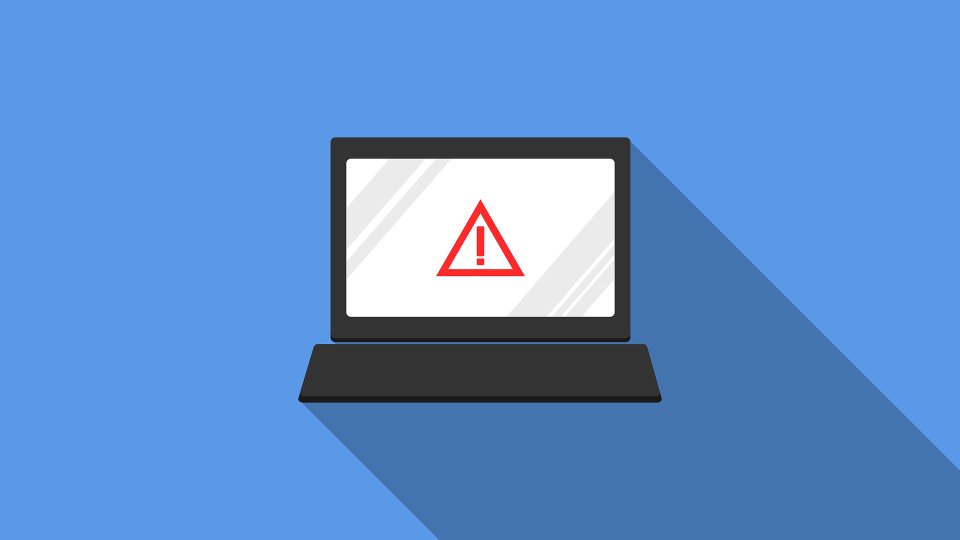With all the press attention over recent years, it might be making you feel concerned that someone could be hacking into your devices and gaining access to all your information and personal data. While we hope this would never happen to us, we can’t ignore the fact that hacking is widespread and there are daily attacks on individuals and organisations. In fact, a recent hack of the well-used school app, Seesaw, in the US saw users sent explicit images.
As well as this, key findings from the 2022 DCMS Cyber Security Breaches Survey found that, 41% of primary schools and 70% of secondary schools had identified a breach or attack throughout the past 12 months. Data from Bitdefender highlights that 60% of consumers faced a cyber threat during 2021.
With individuals and businesses being targeted. the knowledge around how to respond and recover from a hacking attempt is more important than ever. For Cyber Security Month, take a look below at some steps to take if you are concerned about being hacked.
Identifying a Hack
While the signs may seem obvious, if someone has gained access to your accounts, it is important to note that hackers can take different approaches when having control over your accounts. Here are some of the initial signs that show an account may have been compromised.
You’ve received a ransom demand
Your password no longer works
You receive notifications around suspicious log-in attempts
Your email contacts or social media followers receive phishing emails or requests for money
You’ve noticed money is missing
Other accounts have been compromised
Responding to a Hack
As soon as you’ve identified that you’ve been hacked, it is time to react and try to recover as quickly as possible to prevent any further breach. Here are some steps to take when responding to a hack.
Change any passwords that you have reused
Notify the platform where your account has been hacked
Inform the Information Commissioners Office or Action Fraud if necessary
Communicate with those who may be affected including email contacts and social media followers
How Can Hacking Be Prevented?
It’s much better if we can reduce the risk of a successful hack and consider what we might do to respond to a hack before it happens. We’ve come up with some key areas to focus on to try and prevent the gut-wrenching feeling of being hacked.
Up-skill yourself
Set up your home to reduce the risk of attack
Make backups of the key data you’d be most affected by if it was destroyed or lost
Protect Your Work!
Many of these steps are relevant and helpful to your workplace too. If you’re reading this article, you’re probably a good person to be a cyber security advocate in your organisation. Talk to your IT lead or CISO and discuss some of the points below.
Define usage policies
Provide platforms that allow secure data exchange
Prepare a disaster recovery plan
Drill staff on breaches to test processes that are in place.
Taking the time to address these areas can be all it takes to prevent a breach. If you need more information, you can take a look at our cyber security checklist for more information. If you need support managing your cyber-security, why not take a look at our security page, where you can find information of cyber security software, cyber security audits and training.






